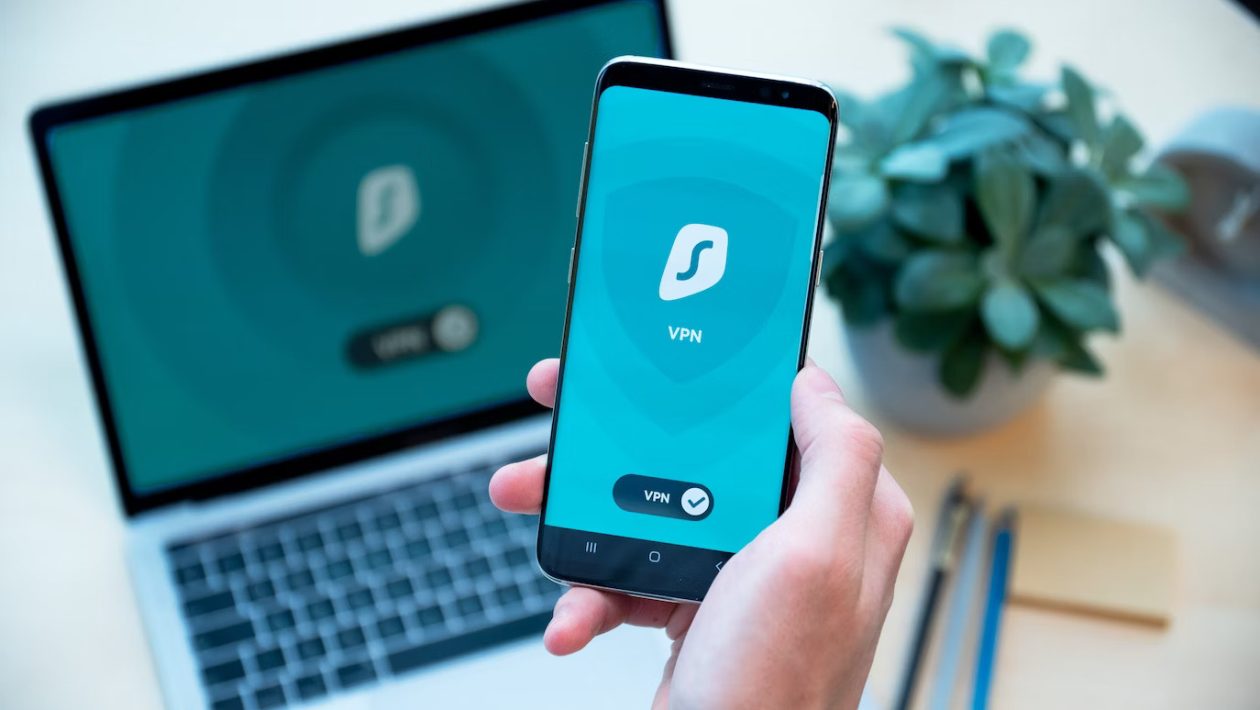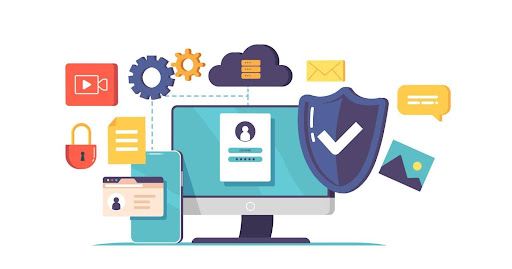One common misunderstanding about Virtual Private Network is that it offers complete online anonymity to its users. It does enhance online privacy when surfing the Internet, but you are not entirely “untraceable.”
If you use a VPN for work or sharing private data through the Internet, it is important to understand how VPNs actually work, especially if you use public networks frequently.
Misconceptions about VPN
First of all, let’s make the most important thing clear from the get-go: No VPN can ensure total online anonymity. What VPN does is it only masks your IP address and makes you appear somewhere else. It works by routing your internet traffic through a private service and encrypting it to a new connection, making you appear to be accessing the Internet from the server you choose instead of your real location.
This keeps you safe from anybody trying to figure out your location by attempting to trace your IP address. It also leaves your browsing history and location untraceable to public networks and internet service providers.
However, the VPN provider itself most likely collects your online logs. Some VPN providers market their service as having a no-log policy, meaning they won’t collect your data and sell it to the government or third-party cookies. This is only partially true, as most VPN providers delete the logs rather than not keeping logs at all.
Many VPN providers have logs of your online activity, and if the occasion arises for your log to be shared, it may do so. Instead, look for VPN providers with no history of private data breaches. Some VPN providers with a good track record of no data breaches are Surfshark VPN, Mullvad VPN and ExpressVPN.
You can combine VPN and your browser in Incognito mode as they both work well to leave little trace of your online activity. Incognito mode will not store the data of the site you visited, like address and cookies. It also gives you a fresh browser without any cookies from your normal browser. So, if you’re logged in to Instagram or Facebook in normal mode, the incognito mode won’t log you in. But this is as far as Incognito mode can go; it only leaves your browser to not remember your activity, not your ISP or the site you visit.
This is where VPN comes in for a bit of extra security by masking your IP. In incognito mode, your cookies will be deleted, while the VPN will route your connection to their private servers. Remember, though: Your VPN provider still can collect your data, and no methods can leave you completely untraceable on the Internet.
The last misconception believed by many VPN users is it will get you past regional restrictions. While this is mostly true, many websites have methods to detect the use of VPNs and consequently prevent you from accessing any of their content. There are reports, for instance, where Netflix blocks the IP addresses that are known to belong to VPN servers. You might have to switch to different servers several times before being able to bypass the restrictions.





